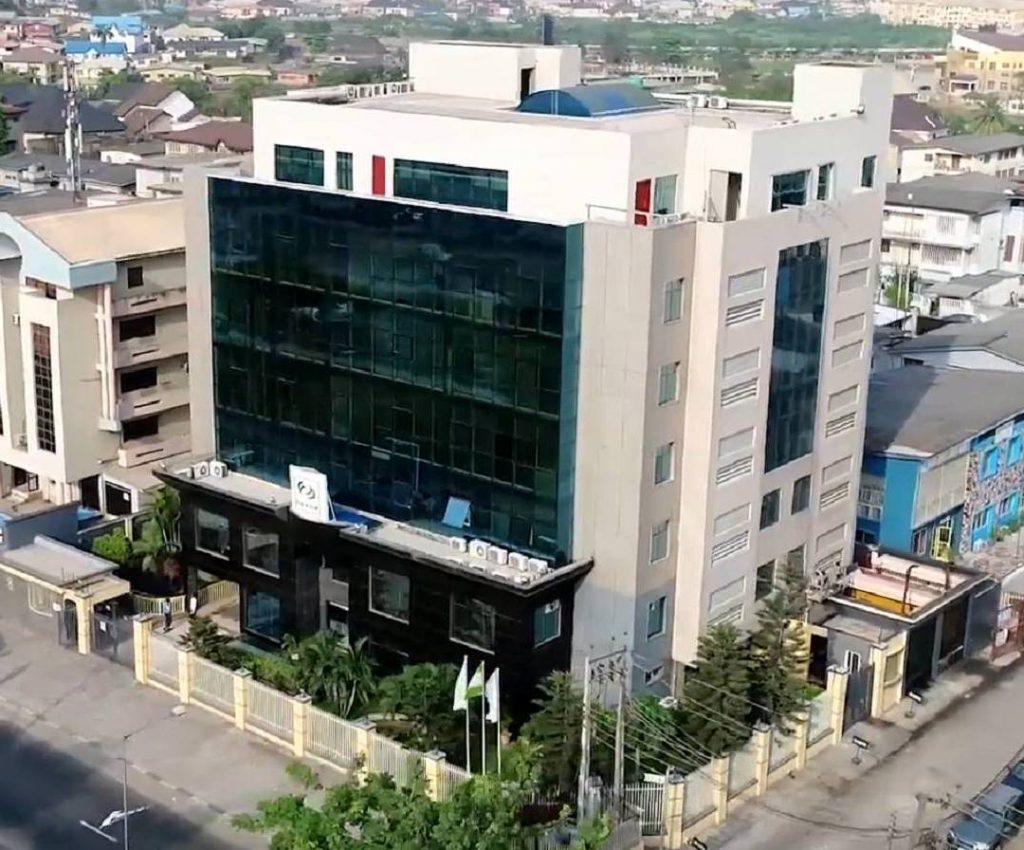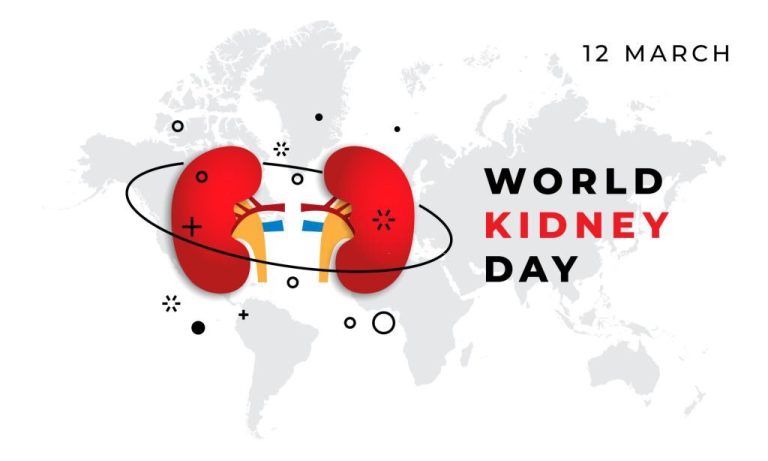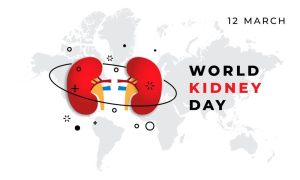WORLD KIDNEY DAY: KIDNEY HEALTH FOR EVERYONE EVERYWHERE
Celebrated every year on the second Thursday of March, World Kidney Day (WKD) is a global campaign that aims to increase awareness of the importance of our kidneys and reduce the impact of the disease and its associated problems worldwide. WKD 2021 is themed: “KIDNEY HEALTH FOR EVERYONE EVERYWHERE: LIVING WELL WITH KIDNEY DISEASE.”
Chronic Kidney Disease (CKD) is a non-communicable disease that affects 1 in 10 people worldwide. While severity may vary, CKD is incurable and causes the patient to need lifelong care. As the incidence of kidney disease escalates, World Kidney Day plays a crucial role in educating the public, encouraging prevention and early detection of kidney diseases.
According to Scientific Editorials, “the global burden of chronic kidney disease (CKD) is rapidly increasing with a projection of becoming the 5th most common cause of years of life lost globally by 2040.” Chronic kidney disease is a progressive loss of kidney functions over a period of months to years. If not corrected, it could lead to end-stage renal diseases or kidney failure which results in the need for dialysis. Unfortunately, the burden of kidney disease is very significant – it affects about 850 million people all around the world.
Risk factors for CKD
Some risk factors for Chronic Kidney Disease are global issues. In the United States, diabetes is probably the number one risk factor for CKD, followed by hypertension. There are some special populations; patients with HIV or lupus have a higher risk of chronic disease and may need special attention.
How to screen for CKD
Chronic kidney disease is a slow progression of loss of kidney function. Sometimes it may start off as an intense incident or sometimes it’s just progressing slowly without anyone’s knowledge. In the early stages, you may not even have anything or have different symptoms. One of the best things to do for early recognition is to visit a physician to examine you. At times, even a simple urine or blood test, can help you determine if you are at risk or have the disease.
How to prevent chronic disease.
- If you have diabetes, endeavor to control your blood sugar.
- If you have hypertension, take blood pressure medications. If needed, diet and exercise to keep your blood pressure under check.
- If you have an issue such as polycystic kidney disease, visit a Nephrologist closely.
- HIV patients may also need certain medications or treatments.
It’s important to note kidney disease can be prevented and progression to end-stage kidney disease can be delayed with appropriate access to early diagnostics and prompt treatment.







